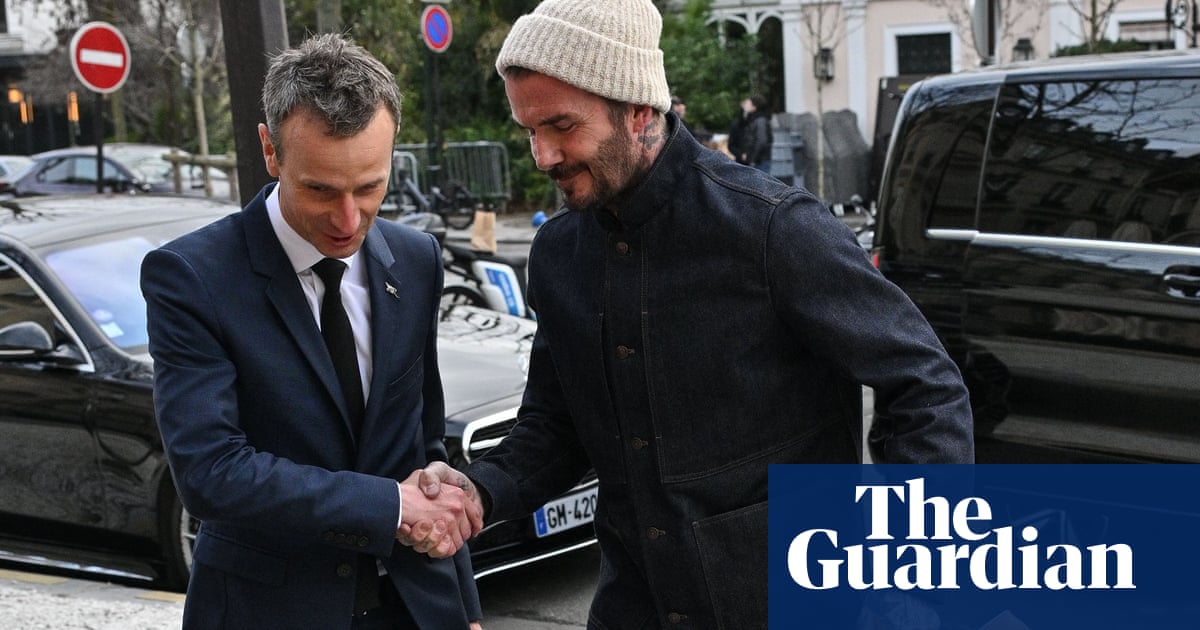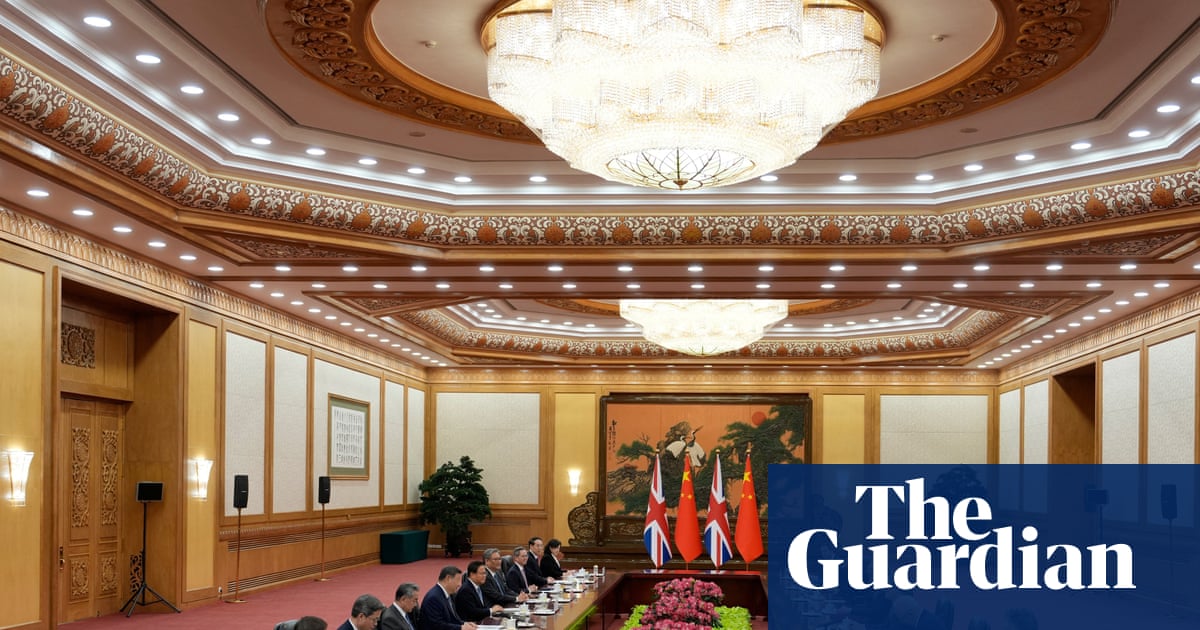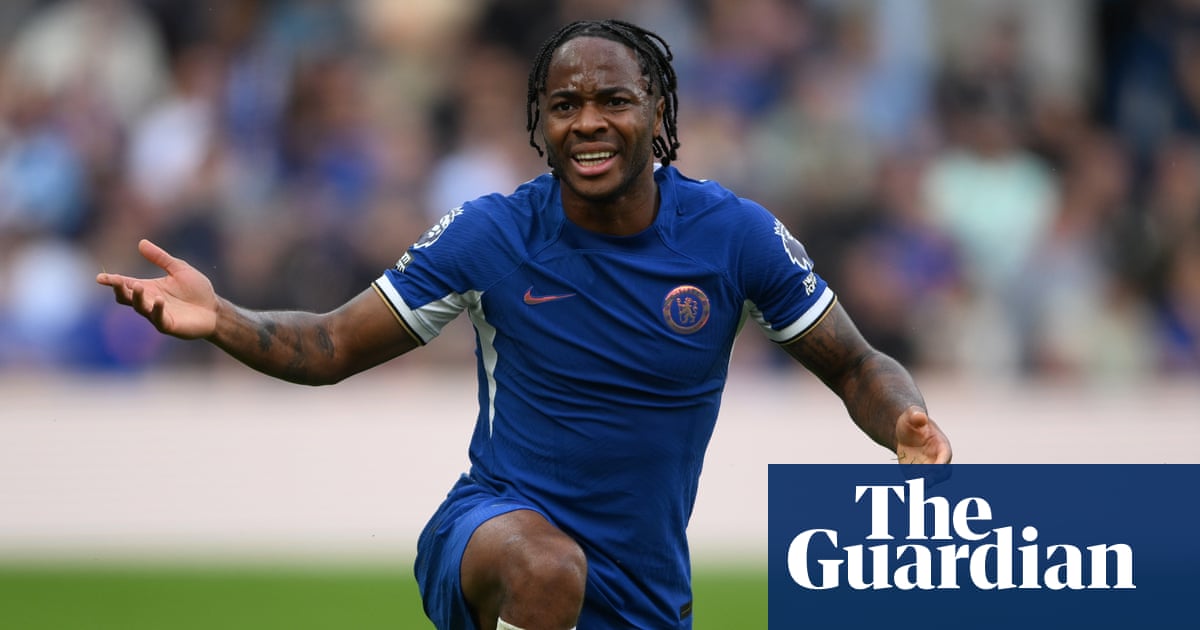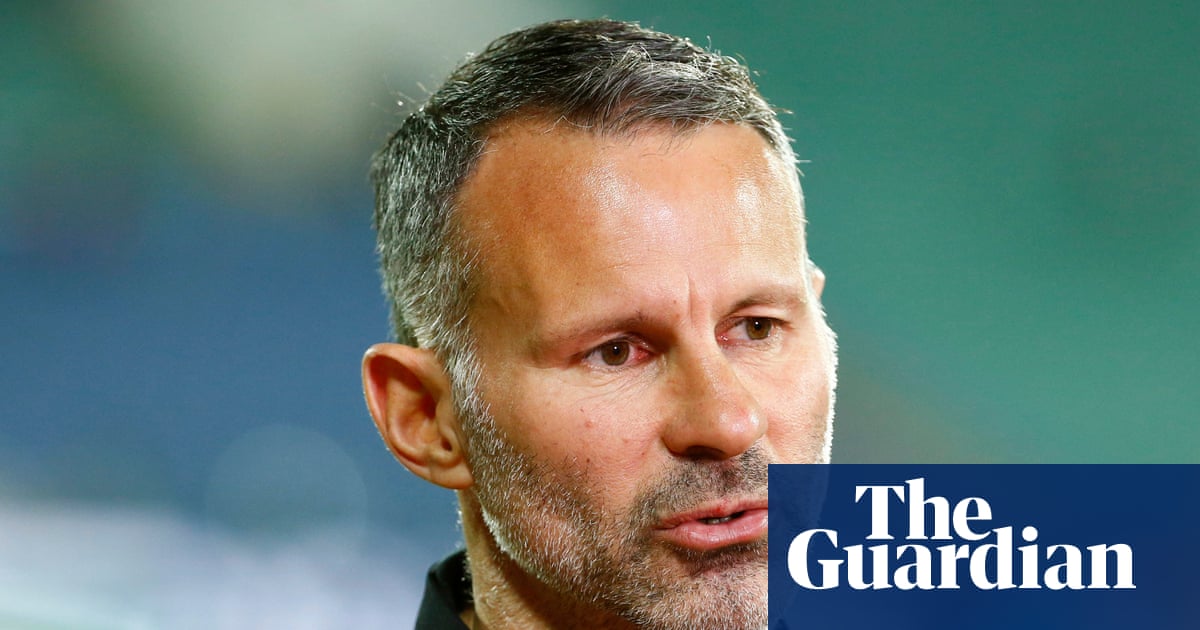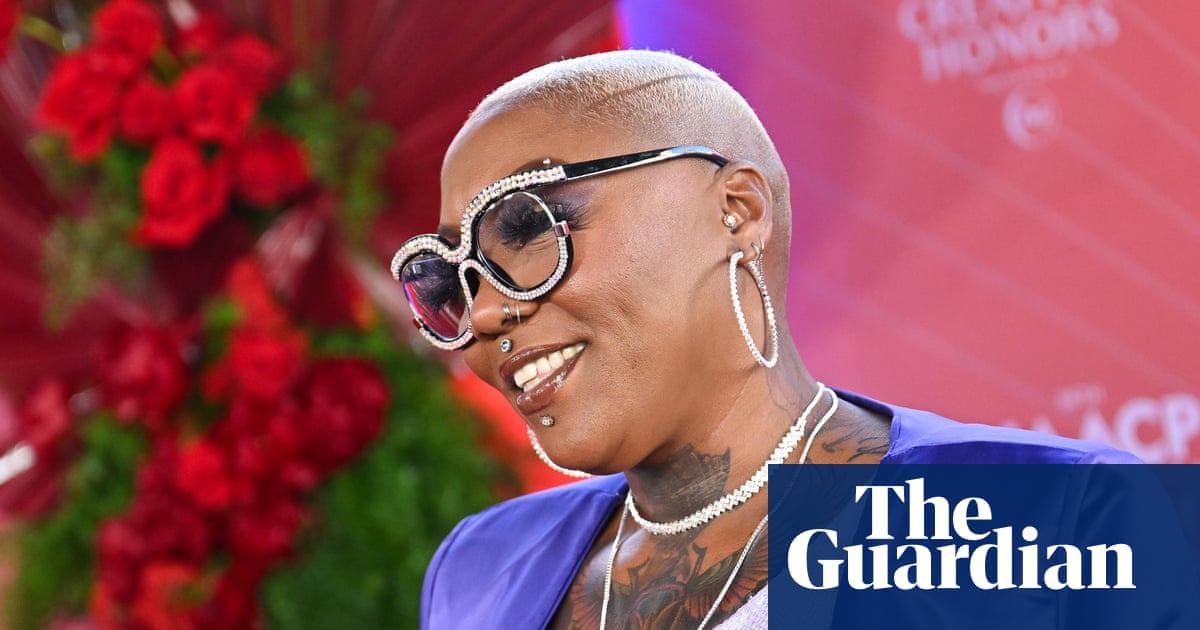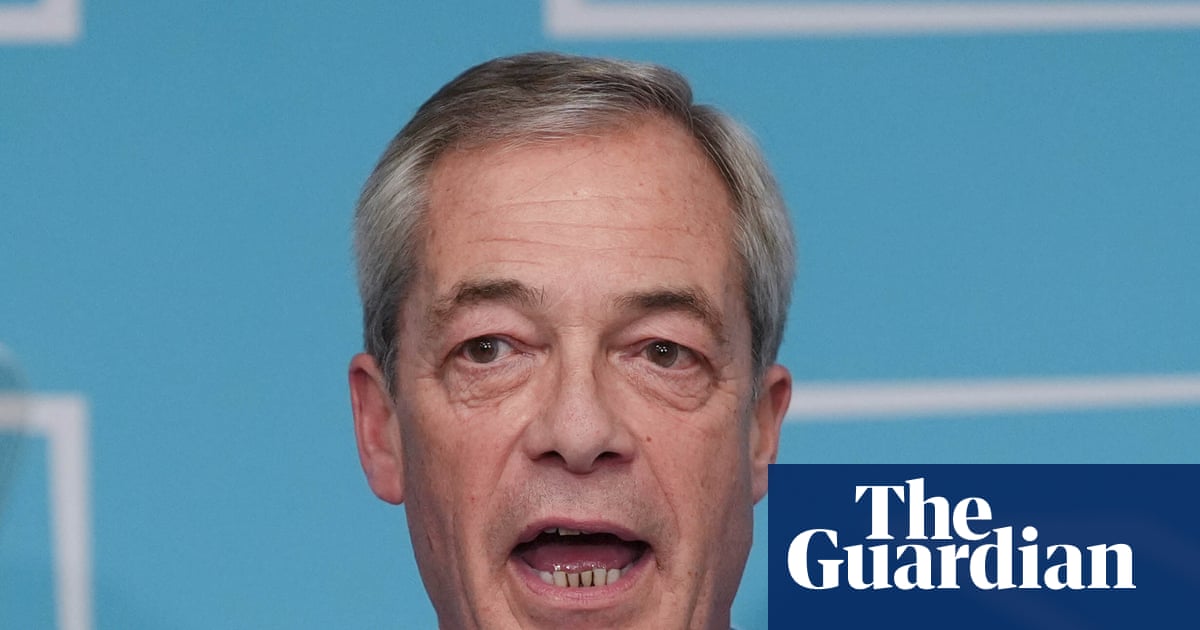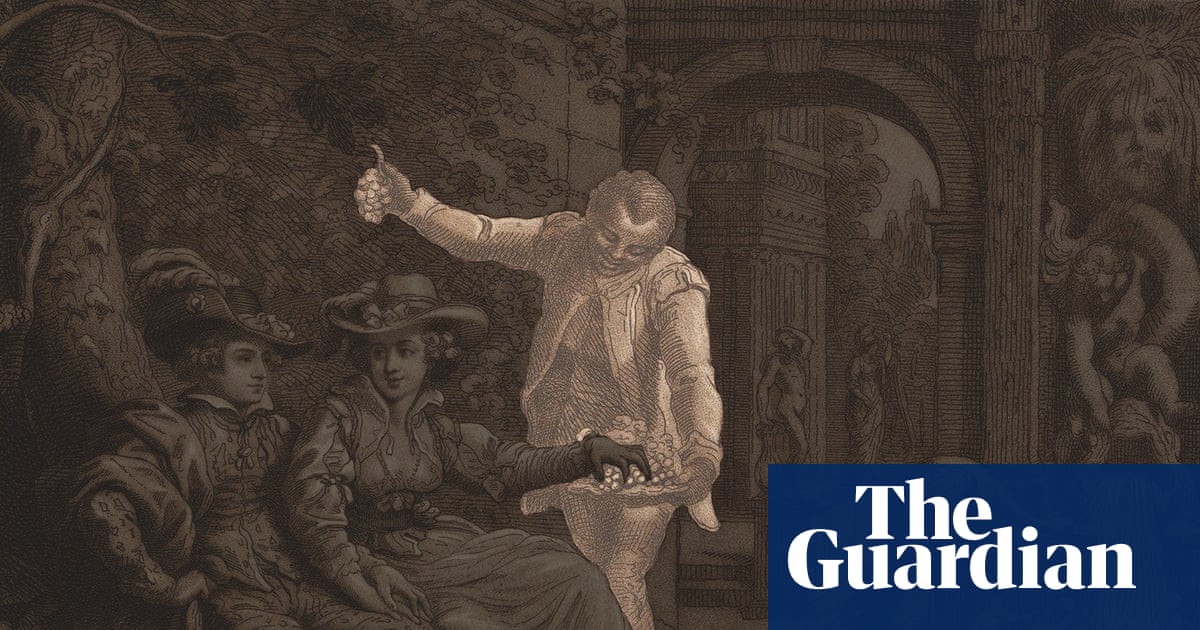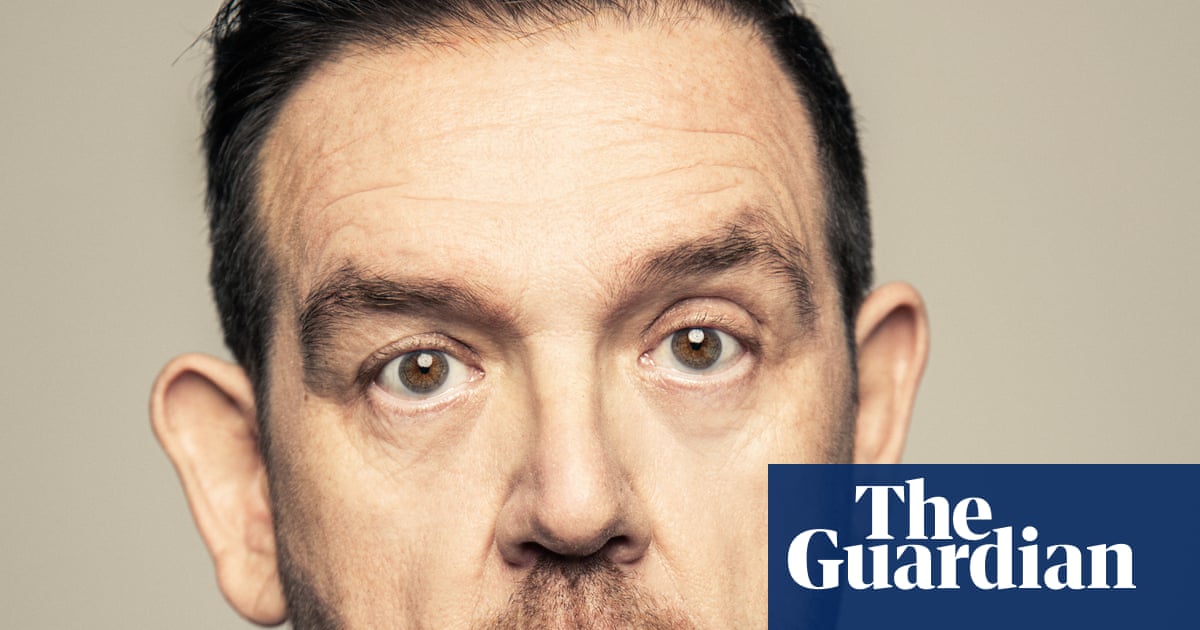Gotcha! The BBC’s enemies have taken two scalps and inflicted maximum damage. The shock resignation of the director general, Tim Davie, and the head of news, Deborah Turness, make it look as if the BBC accepts that it does indeed suffer from “serious and systemic” bias in its coverage of issues including Donald Trump, Gaza and trans rights. But in this political coup, only the BBC’s sworn ideological foes think a cherrypicked sample of journalistic errors amounts to “systemic” bias.
It was indeed a bad mistake to splice together two bits of Trump’s speech; but it needed a quick apology, not a decapitation. The BBC’s chair, Samir Shah, I’m told, tried to persuade Davie to stay to avoid this apparent capitulation to critics: Davie should indeed have stood his ground, not weakened the BBC by walking away.
How right Nick Robinson was on Saturday’s Today programme: “There is also a political campaign by people who want to destroy the organisation that you are currently listening to,” backed up by the veteran broadcaster John Simpson, who said Robinson was “exactly right”. Many more need to speak up everywhere. Boris Johnson said he’d stop paying the licence fee until the BBC grovelled. Bravo again for Robinson’s retaliatory tweet: “Hands up all those who think Boris Johnson is well placed to lecture anyone else on upholding standards & admitting mistakes.” (Attackers calling the BBC a bunch of lefties should remember Robinson is a former chair of the Young Conservatives.)
The plotters are in a strong position to wreck from within. Robbie Gibb, a self-described “proper Thatcherite Conservative”, was appointed to the BBC board by Johnson’s government in 2021 and, according to even BBC News, is seen as a driving critical force within the institution. As for impartiality, as Alan Rusbridger writes in Prospect, Gibb “led the mystery consortium to buy the Jewish Chronicle on behalf of a secret backer whose identity has never been revealed. His stewardship of that paper saw it mired in a number of its own ethical and editorial failings”. He was Theresa May’s director of communications and helped bring on as BBC standards adviser Michael Prescott (the two are reportedly friends), who authored the dossier behind the current scandal. Astonishingly, Gibb is also one of those who set up GB News, the platform that was fined £100,000 last year for breaking due impartiality rules.
The truth is no one agonises and self-examines like the BBC. Its editorial guidelines, all 436 pages of them, are the nearest journalism has to a holy bible on impartiality and good judgment. The BBC, abiding as best it can by that text, amounts to our national arbiter of news. Its specialist analysts offer the most expert judgments most people will ever access, such as Jeremy Bowen’s dispatches on the Middle East or Sarah Smith from Washington DC.
It bears a near-impossible burden. The BBC will fail frequently in its thousands of hours of output across the world. Large numbers of people (myself included) will often shout at their television sets, gnashing teeth at choices made by the BBC newsroom. Those journalists are fallible, subjected to a cat’s cradle of conflicting pressures to “inform, educate and entertain” while subjected to political, social and religious lobbying. Yet the BBC remains by miles the most watched, listened to and read of all platforms in the UK. It is the most trusted, at 60%, with the FT at 57%, ITV and Channel 4 at 56%, followed by the Guardian at 51% – according to the Reuters Institute. (Telegraph trust stands at 42%, the Mail at 24%.) Having spent seven years in a BBC newsroom, I saw how the attempt to walk the line of balance consumes everyone there.
As the Telegraph gloats at bringing the BBC low – the BBC plunged into existential crisis, “The future of the BBC is now in doubt” – consider its own contribution to rational political debate. The Sunday Telegraph editor, Allister Heath, regularly pens columns that inhabit a zone planets away from what was once reasonable conservative discourse. Some recent headlines of his: “The awful truth about the BBC is now too monstrous to hide”; “Starmer’s monstrous tax lies will trigger a revolt of Middle England”; “Starmer has declared war on Western values”. We also shouldn’t forget the commercial incentives behind BBC attacks; profit-seeking news organisations, from Lord Rothermere’s group to Rupert Murdoch’s, have plenty of reasons to relentlessly savage the BBC and its market share.
The next person brave or foolhardy enough to take on the mantle of BBC director general will face yet fiercer warfare. Tasting blood, the right will redouble its efforts to destroy the organisation for good. Nigel Farage (38 BBC Question Time appearances and counting) is committed to abolishing the licence fee and now speaks of it being “slimmed down”. The Tories compete, with Kemi Badenoch pleased her “heads should roll” line has been delivered. The Liberal Democrat leader, Ed Davey, often well ahead of Labour, denounces a “strategy by the hard right to replace the truth with propaganda”.
The BBC shouldn’t need defending when 12 million people watched the Celebrity Traitors final live, when Strictly, Blue Lights and a host of other triumphs defy better funded streamers, when more than 90% of people use a BBC service every month, 74% every week. No other broadcaster would put half its jobs and producers outside London. Though suffering 30% cuts in the Tory years, the BBC has been ingenious. But this is no time for cutting the World Service that carries the UK’s voice, values, and influence to 453 million people weekly worldwide.
after newsletter promotion
This country’s taste for self-harm seemed to reach its zenith with the Brexit referendum, but maybe not. The right has a long agenda of national treasures that it wants to trash (it even tried to crush the National Trust). Its patriotism is highly selective and phenomenally perverse, its targets often running against the grain of public opinion. But here’s a warning: leaving the European Union in the early Ukip days was also a minority obsession.
The BBC is always high in the right’s firing line, with the unpopular licence fee a useful weapon. That makes it crucial for the forthcoming review of its charter to find fairer alternatives to this poll tax. It should be adapted to people’s means but not left unprotected to general taxation, where the BBC would sink under other budget priorities. Its enemies hate the BBC with same venom they detest the NHS, as publicly owned and popular social endeavours. Can the the institution survive? Words often attributed to Nye Bevan about the NHS apply equally to the BBC: it “will last as long as there’s folk with faith left to fight for it”.
-
Polly Toynbee is a Guardian columnist

 2 months ago
62
2 months ago
62
